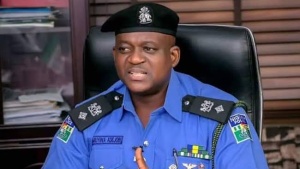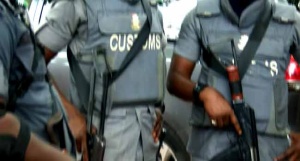A confidential document known as the Terms and Conditions of Service for Officers of the Nigerian Armed Forces reveals that retiring Chief of Defence Staff and service chiefs in Nigeria will be granted various benefits upon retirement. The benefits include bulletproof vehicles, personal assistants, guards, and generous medical allowances both in Nigeria and abroad. Among the retirees set to receive these benefits are General Lucky Irabor, the former Chief of Defence Staff, along with other military leaders.
According to Section 11.8 of the revised HTACOS 2017, the retirement benefits for the Chief of Defence Staff and service chiefs include a bulletproof SUV or an equivalent vehicle to be maintained and replaced every four years by the military. They will also receive a backup vehicle, domestic aides, an Aide-de-Camp or security officer, a special assistant, and standard guards. Transportation provisions include service drivers, service orderly, and escorts when required. Free medical coverage within Nigeria and abroad is also part of the retirement benefits.
The document specifies different retirement benefits based on the ranks of the officers. For Lieutenant Generals, Vice Admirals, and Air Marshals, benefits include cars, cooks, stewards, residential guards, service orderly, service drivers, and medical treatment. Major Generals, Rear Admirals, and Air Vice Marshals receive similar benefits, but with slight variations. Brigadier Generals, Commodores, and Air Commodores are entitled to a vehicle, service driver, residential guards, service orderly, and medical coverage. Colonels, Captains, and Group Captains receive a vehicle and medical coverage within the country.
It’s important to note that the document remains unsigned due to concerns about unequal distribution of benefits. The Chief of Defence Staff requires permission from the President to sign the document for the revised terms to take effect. The Chief of Defence Staff and service chiefs must hold the rank of four-star Generals and serve for a continuous period of two years, with the possibility of a two-year extension. Concerns have been raised about potential unfair extensions based on past experiences.
During the previous administration, President Muhammadu Buhari extended the tenure of service chiefs appointed in 2015 until their replacement in January 2021. The discretion to determine the duration of the Chief of Defence Staff and service chiefs’ tenure lies with the President, leading to concerns about possible unequal extensions.










